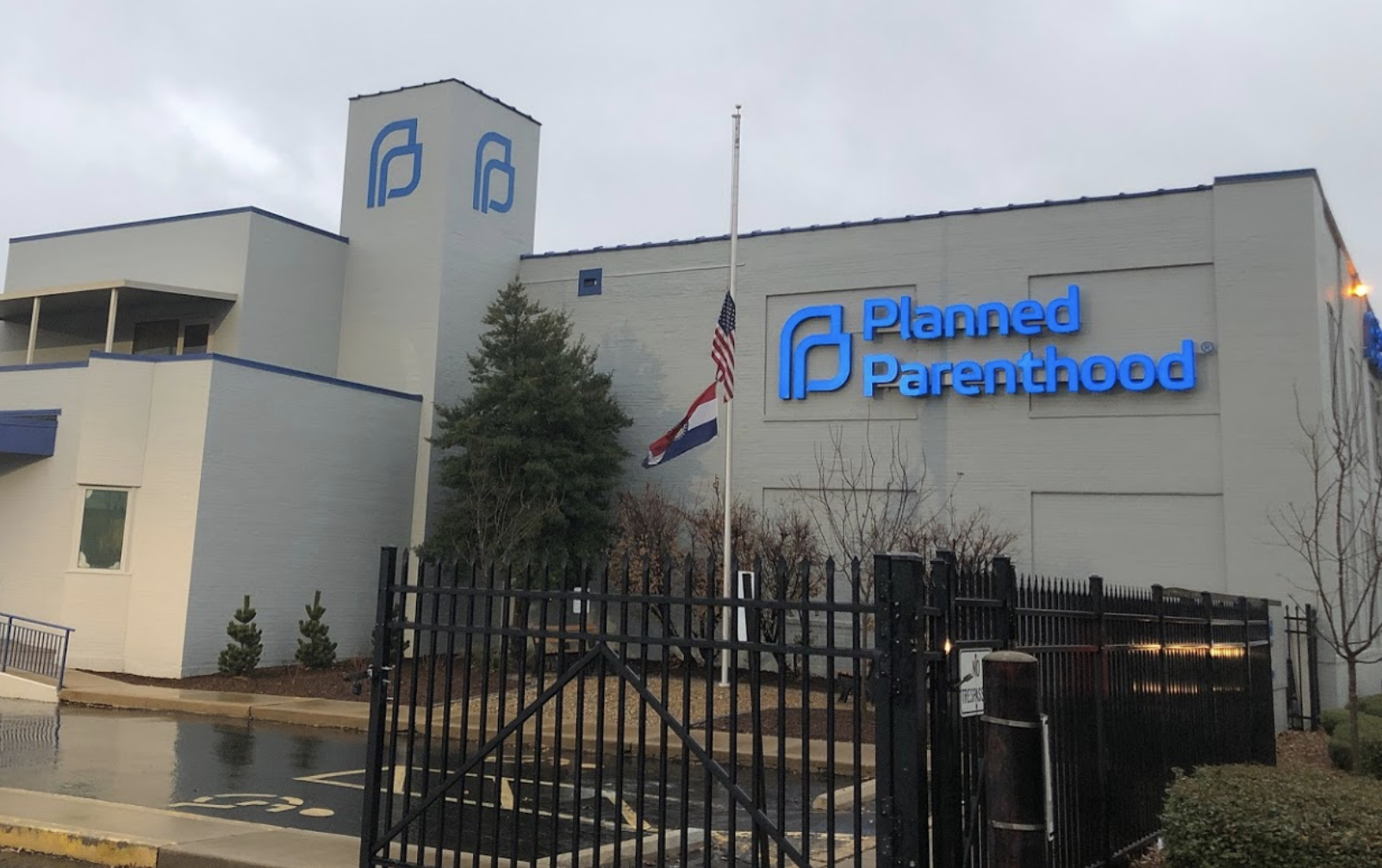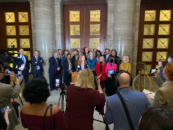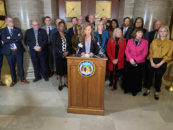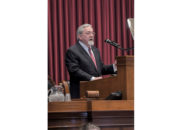A new Texas law restricting abortions took effect this week after the U.S. Supreme Court refused to block it, leaving many questioning what effect it could have on Missouri’s own law.
The new Texas law, which took effect Tuesday, prohibits abortions once a heartbeat is detected, typically around six weeks. The measure allows individual citizens to sue abortion providers or anyone who assists a woman getting the procedure with a potential $10,000 price tag; it does not include exemptions for rape or incest.
The nation’s highest court denied a request from Texas abortion providers to freeze the law, allowing it to stay intact through its Aug. 1 effective date. The court ruled 5-4 with the Chief Justice dissenting.
Here’s a look at three avenues Missouri officials are exploring on the abortion issue and the effect the Texas law could have on them.
HB 126
Missouri has its own abortion law working its way through the courts. HB 126, signed into law by Gov. Mike Parson in 2019, sought to ban abortions after eight weeks. It included “nestled” components placing additional restrictions at 14, 18, and 20 weeks and did not allow for exemptions for rape or incest survivors. Violation of the measure would be a class B felony.
The bill also sought to ban abortions solely based on a diagnosis of Down syndrome.
A federal judge blocked the bill from being implemented the day before it was set to go into effect in 2019, a decision that was appealed to the Eighth Circuit Court of Appeals. A three-judge panel stymied the law in June, upholding the injunction based on the state’s argument that the language constituted bans on abortion — something the court previously opposed in a similar law from Arkansas.
Attorney General Eric Schmitt appealed the decision to the U.S. Supreme Court the following month. However, in a rare move, the lower court granted a rehearing en banc on its own motion, meaning it would rehear the case as a full court on Sept. 21. While the Texas law may not have a direct bearing on Missouri’s case, the Attorney General’s Office applauded the decision.
“It’s certainly a positive development, and we look forward to making our case in front of the full Eight Circuit Court of Appeals on Missouri’s law later this month,” Chris Nuelle, a spokesman for Schmitt, said.
It was the Reproductive Health Services of Planned Parenthood of the St. Louis Region, the sole abortion provider left in Missouri, that initially sued, causing the pause in HB 126 from going into effect.
“Today it’s Texas, tomorrow it could be Missouri,” President and CEO Yamelsie Rodriguez said. “The dominoes are falling fast and the consequences will fall hardest on people of color, people with low incomes, and rural communities.”
Other legislation
Missouri lawmakers have explored several avenues to restrict abortion in the state beyond HB 126, including the standoff this summer over the state’s federal reimbursement allowance (FRA) and an attempt to defund Planned Parenthood. Rep. Mary Elizabeth Coleman had already committed to continuing the conversation in the lower chamber next session as well.
“I will fight to defund Planned Parenthood and make sure that every avenue available to protect the unborn in Missouri will be used,” Coleman said. “We’re going to take a close look at what is already on the table and what the court has to say.”
Coleman said a bill mirroring the Texas law’s liability provisions was also in the works, noting a similarity to Missouri’s Second Amendment Preservation Act signed into law this summer that allows Missourians to sue law enforcement agencies for violating state gun laws.
While many anti-abortion advocates have applauded Texas’ language, Campaign Life Missouri Director Samuel Lee warned of potentially detrimental implications.
“I know a lot of pro-lifers like it, but if that principle is established in the law, other states are going to apply it in different areas,” Lee said. “The sky’s the limit. You could see states doing this with guns or doctors objecting to operations for their conscience. Whatever it is, I question whether that’s a road that lawmakers in any state want to take.”
Roe v. Wade
Other states are battling with the courts over abortion laws as well, and Missouri officials have been quick to weigh in. A pending Mississippi law that would ban abortions after 15 weeks has been stalled since its passage in 2018 and is now before the U.S. Supreme Court. Gov. Mike Parson joined members of Missouri’s congressional delegation in urging the high court to allow it to go into effect and repeal Roe v. Wade, the 1973 case that set the standard 24-week window in federal abortion policy.
If the Supreme Court was to overturn Roe, Missouri officials would have the authority to prohibit abortions except in cases of medical emergency under a provision in the state constitution triggered by a potential reversal. The ban could be enacted through a proclamation by the governor, a decision by the attorney general, or a concurrent resolution passed by the General Assembly.
The Supreme Court has yet to schedule a hearing for the Mississippi law though Lee said a decision was expected by July 2022.

Cameron Gerber studied journalism at Lincoln University. Prior to Lincoln, he earned an associate’s degree from State Fair Community College. Cameron is a native of Eldon, Missouri.
Contact Cameron at cameron@themissouritimes.com.



















































